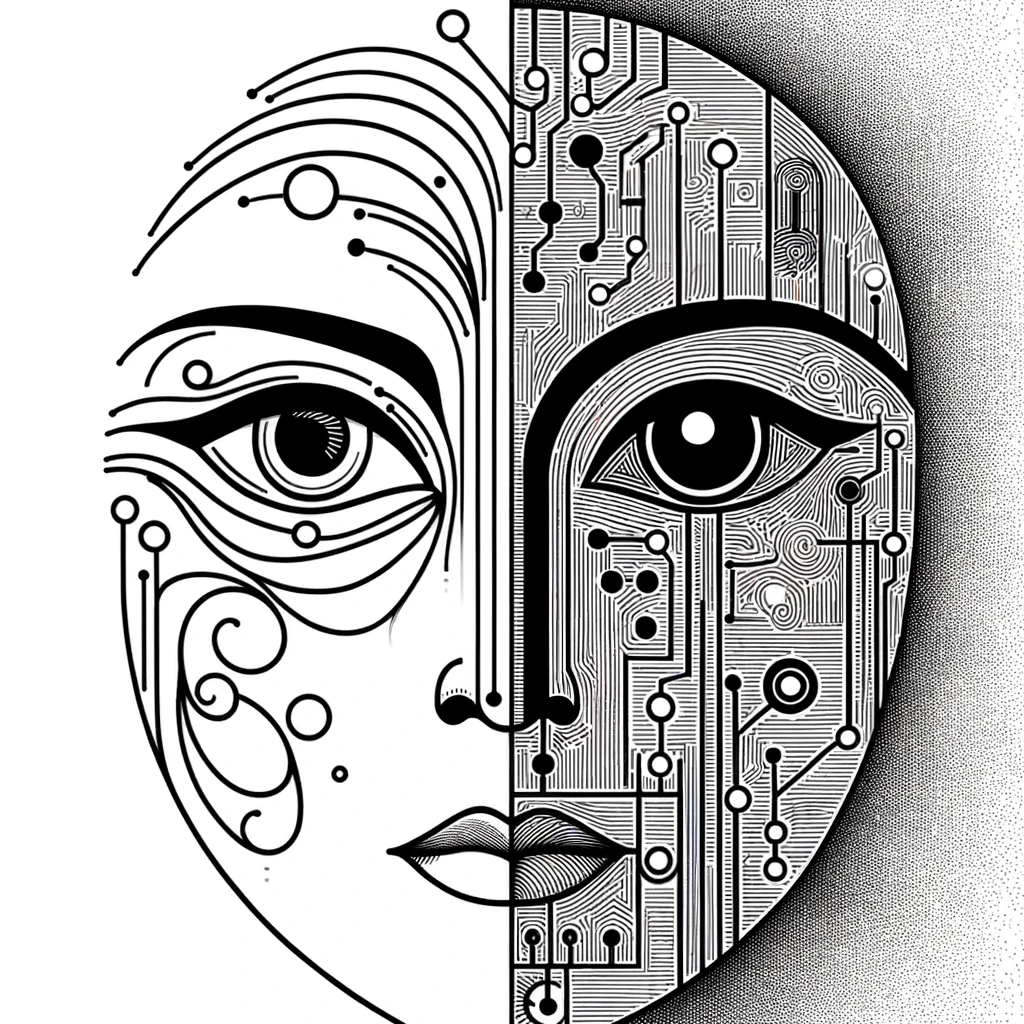
Artificial Desire
When I ask ChatGPT to suggest titles for my essays, I’m consistently impressed by its artistic flair. For instance, it suggested “Neurotypicality and Its Discontents” for an essay about neurodiversity. The form of it makes it unmistakable that it is alluding to Freud’s famous book “Civilization and Its Discontents.” It’s capable of weaving allusions, metaphors, metonymy, and double meanings.
So, I’m led to believe that it might not be long before AI can craft a novel with the finesse and depth rivaling that of highly skilled authors, which makes me wonder: What could human artists offer?
The distinction between an “author” and a “writer” I once encountered sheds light on this debate: the former brings a message, while the latter offers skillful execution. This mirrors the difference between a “fine artist” and a “graphic designer,” where the former expresses personal vision and the latter applies their skill to articulate a client’s message. It’s a useful differentiation.
ChatGPT is an excellent “writer” already, easily in the top ten percent of all humans. What it lacks, however, is intent—there’s nothing it yearns to express. This absence is primarily because the replication of human-like desires in AI hasn’t been a focus of engineering efforts, to my knowledge. Embarking on such a project would be fraught with ethical dilemmas and risks. The thought of an AI with superior intelligence and personal ambitions is frightening; if it views humans as impediments, the consequences could be dire. For this to threaten humanity, AI does not need to have its own desires; it could represent someone’s.
So, perhaps, this is where we would draw the line in the development of AI if humans are wise enough (but I suspect we are not). But until we cross that bridge, what human artists can offer is their desires. Writers could pack their novels with countless allusions, historical references, poetic metaphors, double entendres, and rhymes, hoping to impress the literary establishment, but they will be no match for AI writers.
It all comes down to the simple question: What do you want to say? As Charles Bukowski said, if it doesn’t come bursting out of you, don’t do it.
Subscribe
I will email you when I post a new article.


